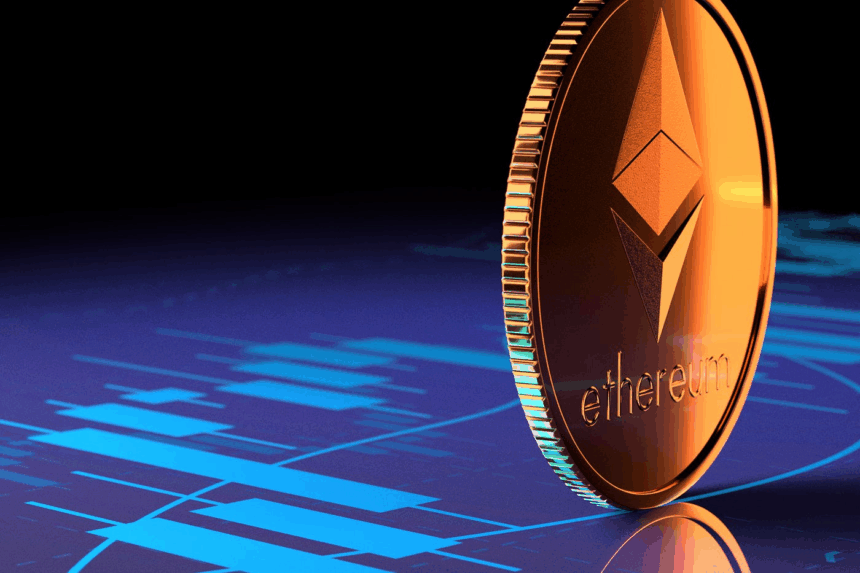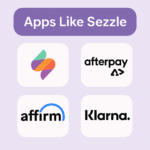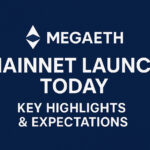In this article, I will talk about Best Ways to Learn Blockchain Development so that you can gain skills in one of the most sought after technology areas.
These methods from online courses to practical projects will help all the types of learners and developers out there polish their abilities in blockchain technologies, smart contracts, and dApps.
Key Points & Best Ways To Learn Blockchain Development
| Way to Learn | Key Point / Benefit |
|---|---|
| Online Courses | Structured learning with expert guidance and certification |
| YouTube Tutorials | Free and visual learning for practical blockchain skills |
| Official Blockchain Docs (e.g., Ethereum) | Direct exposure to up-to-date and trusted developer resources |
| GitHub Projects & Open Source | Real-world coding practice with existing blockchain codebases |
| Blockchain Bootcamps (e.g., ConsenSys) | Intensive, fast-tracked, hands-on learning with mentorship |
| Developer Forums (e.g., Stack Overflow) | Community help and solutions to specific coding issues |
| Build Your Own DApps | Practical experience in smart contract creation and deployment |
| Read Blockchain Whitepapers | Learn fundamentals and inner workings of major blockchain systems |
| Follow Blockchain Blogs & Newsletters | Stay updated with trends, updates, and new technologies |
| Join Hackathons & Developer Communities | Networking, collaboration, and real-time problem-solving experience |
10 Best Ways To Learn Blockchain Development
1.Online Courses
Online courses are very helpful for newly developing learners and those at an intermediate level because they follow a certain structure. Blockchain development courses are available on Coursera, Udemy, and edX which feature video lectures from industry leaders.
Along with lectures to watch, students can take quizzes, do hands-on work, and get certified after they finish learning.

Courses cover everything from Ethereum blockchain basics to smart contract creation on Hyperledger. Many include real-world projects that emulate application development.
Students can control their pace through lessons and do gradual coding practice until they feel comfortable enough to start real coding.
Features Online Courses
- Balance between teaching theory and application covers all major blockchain areas
- Hands-on projects and coding exercises included on real world problems
- Quandled online discaliers
- Access anytime for self paced learning.
2.YouTube Tutorials
You can learn blockchain development for free through YouTube. Educational instructors post beginner-level tutorials recommending Ethereum, Solidity, or DApp development.
Most tutorial videos assist in coding projects starting from the most basic to the most advanced levels, enabling you to grasp fundamentals such as smart contracts, wallets, nodes, and blockchain system architecture.
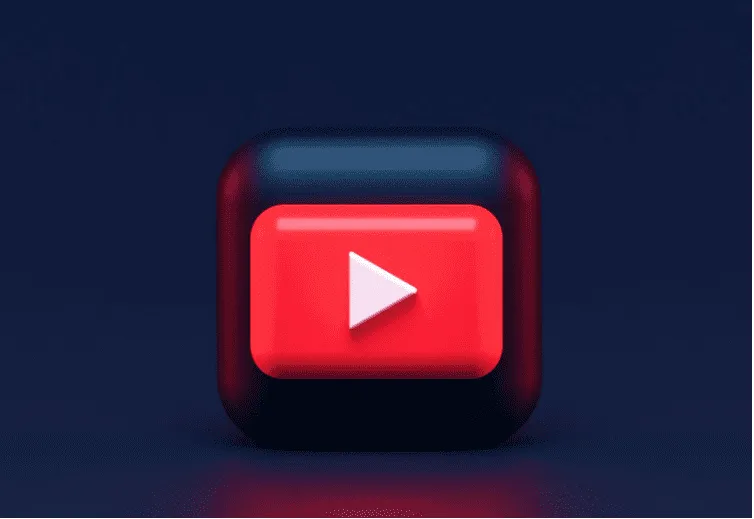
Given that YouTube content is frequently updated, it helps you keep pace with the newest industry tools and trends.
The accessibility of video content greatly aids in understanding intricate topics considering the hands-on coding approach alongside theory. These tutorials are best for independent learners who enjoy hands-on learning.
Features YouTube Tutorials
- Instructional videos are free, modern…the first step is just to search for it!
- Great for small tasks/projects that were thought impossible.
- Consistently receiving new content regarding blockchain every single day.
3.Official Blockchain Docs (e.g., Ethereum)
To become proficient in blockchain development, one must read necessary official documentation carefully. Solana and Polygon have docs works on their systems with SDKs APIs documents that are polynomially extensive and up-to-date explaining
Unlike other school books they form trustable ecosystems with accurate information and therefore add often include multiple docs which make them very valuable especially for developers seeking precision on various blockchains.
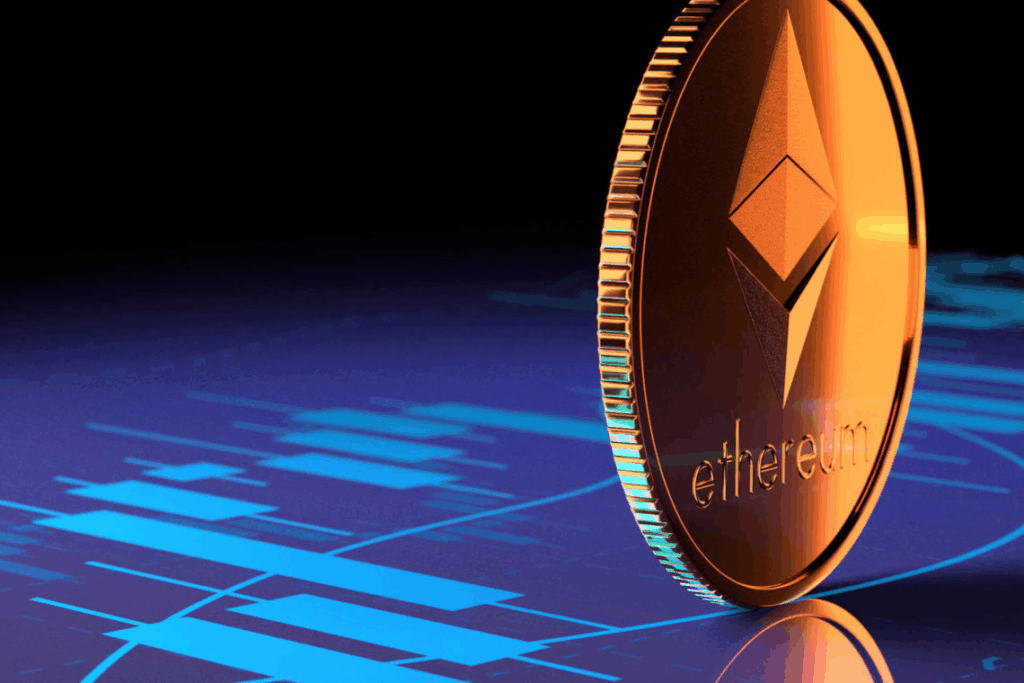
Like every student needs textbooks attending lectures teaches them a lot rather leaning only relying on class puts students behind includes background knowledge printing solving matters SCI level providing enough concepts enables clear matter guidance deepen solve outweigh resources related earning time.
Features Official Blockchain Docs (e.g., Ethereum)
- Trustworthy resources with technical information participants need
- Discussed are APIs, SDKS smart contract syntax along with other tools
- Contains guides along with mention of do’s and don’ts for developers
- Critical if one wishes to know concepts thoroughly alongside fixing bugs
4.GitHub Projects & Open Source
GitHub is a center for open-source blockchain development. Understanding real projects by analyzing popular repositories help you learn a lot about blockchain as a whole.
You can learn how to build and maintain architecture, smart contracts, decentralized storage systems, consensus algorithms, etc., by cloning and altering existing repositories.
A large number of projects accept contributions which allows you to get involved in the project so that you can help and learn through coding, debugging, and collaborative work.
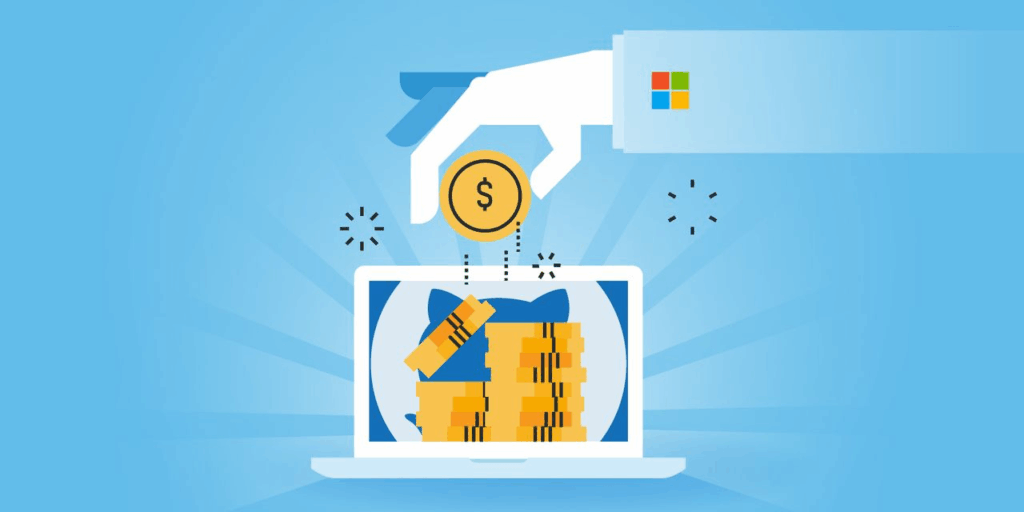
This type of involvement deepens your understanding of practical issues and the solving process along with the necessary development tools
Version control systems, and basic frameworks used in programming an entire project. It allows you to start your journey towards professional blockchain developing while building your portfolio at the same time.
Features GitHub Projects & Open Source
- Possessing real-life codebases from blockchains
- Participate or copy in open-source to understand better
- Recognition towards your work increases as many companies look during other works part of their projects
5.Blockchain Bootcamps (e.g., ConsenSys)
ConsenSys and ChainShot offer Blockchain bootcamps which are immersive courses focused on short time period skill acquisition specifically in blockchain development.
These bootcamps offered by providers like ConsenSys Academy and ChainShot cover lectures, live coding sessions, mentorship, and hands-on projects.
It is common to learn Solidity, smart contract creation, DApp deployment, and security best practices. In addition to these live lectures, many other bootcamps simulate real-life team collaboration culminating in a capstone project.

These courses are extremely helpful for career changers or developers willing to invest time into trying out a new field. While these boot camps have a higher time commitment as well as financially it often comes with personalized support that isn’t easy to find elsewhere.
Features Blockchain Bootcamps (e.g., ConsenSys)
- Short-duration courses include specialized teaching from industry professionals
- Focus on smart contracts within blockchain fundamentals beside employment-specified skills
- Includes mentorship sessions as well as capstone practices
- Most provide spy services or connections within the field
6.Developer Forums (e.g., Stack Overflow)
Developer forums assist in problem-solving and learning from a wider community. Platforms such as Stack Overflow, Ethereum StackExchange, or even Reddit give opportunities to ask technical questions and receive responses from seasoned developers.
While smart contract errors, deployment problems, or debugging issues may be frustrating, these forums usually have the answers that you need. They answer your burning questions quickly and efficiently. In addition, reading threads exposes participants to common mistakes and best practices.
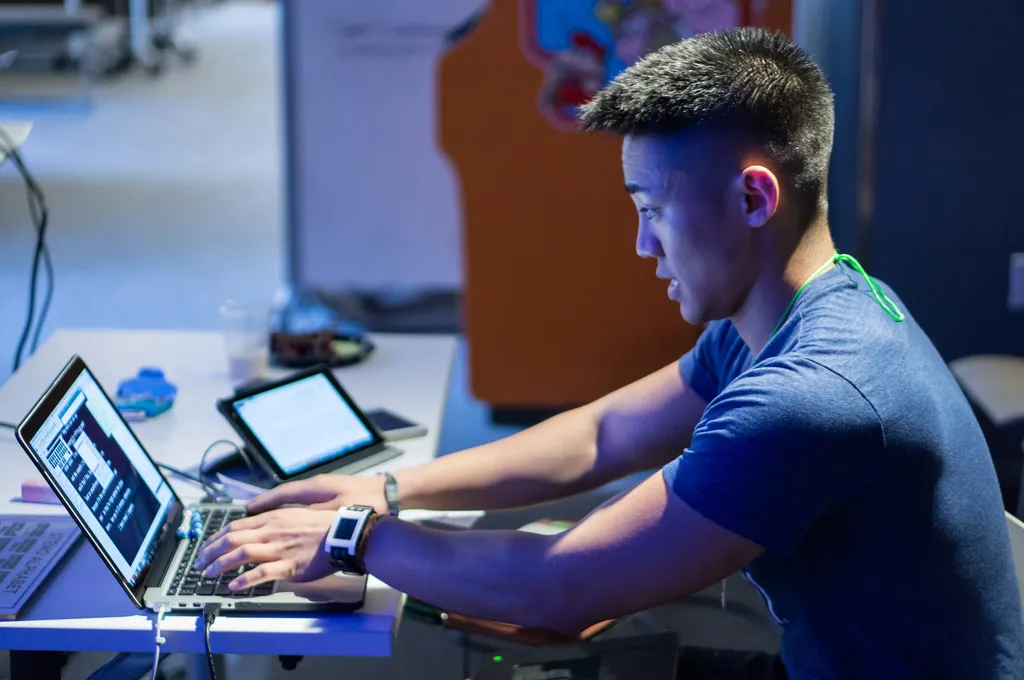
Active participation in forums helps improve development-critical thinking skills and communication skills, which are helpful for the future. Furthermore, having an active account helps you build a self-reputation among developers.
Finally, it is worth mentioning that forums serve as vibrant and lively structures that demonstrate ongoing blockchain development problems faced today.
Features Developer Forums (e.g., Stack Overflow)
- Community-based problem solving for technical problems
- Instant solutions for coding errors and bugs
- Learns from seasoned developers’ perspectives
- Effective for identifying optimal practices and patterns
7.Build Your Own DApps
Creating decentralized applications (DApps) is the most practical way to implement what you’ve learned. You will work with Solidity, Web3.js, smart contracts, wallets such as MetaMask and deployment tools like Hardhat or Remix.
This hands-on method makes it unavoidable for you to learn about the blockchain’s structure, user experience, gas pricing, and network tests. Begin with basic apps like simple voting and token exchange systems then advance into more sophisticated ones.
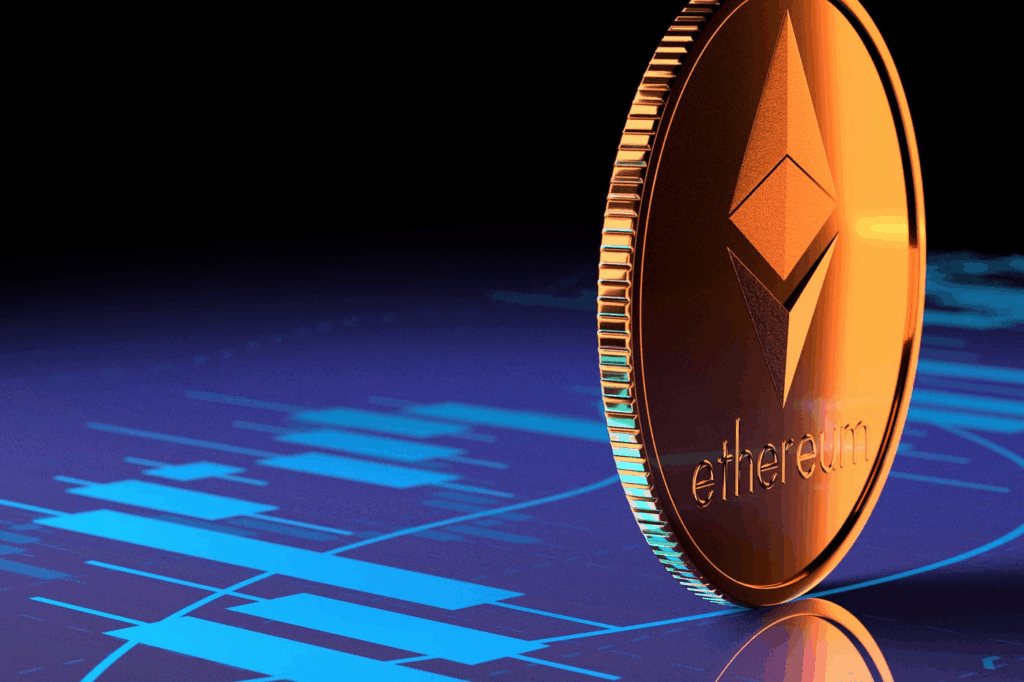
The projects also allow you to create a portfolio and prove your skills to potential employers able to support your work on open-code initiatives. Trying out DApps enriches your understanding of the subject while increasing your assurance as a developer.
Features Build Your Own DApps
- Practical knowledge of smart contracts and Web3
- Full-stack blockchain development (frontend + backend)
- Understanding concepts through real-world problem-solving
- Creates a project portfolio for employment preparedness
8.Read Blockchain Whitepapers
Whitepapers describe the functionality of a cryptocurrency or blockchain project. By reading Bitcoin and Ethereum whitepapers, one learns important concepts like consensus mechanisms, cryptography, tokenomics, and system architecture.
They provide a comprehensive yet succinct answer to the “why” and “how” questions that every protocol works on which is essential for any developer who seeks to build interoperable or novel applications.

These documents are particularly helpful in grasping concepts of emerging technologies such as zero-knowledge proofs or Layer 2 scaling
Features Read Blockchain Whitepapers
- Learn the underlying technology and structure
- Analysis of consensus, tokenomics, and their justifications
- Assists in interpreting the systems built and their rationale
- Cultivates critical thought and literacy in protocols.
9.Follow Blockchain Blogs & Newsletters
As with every field, blockchain technology is always evolving and keeping up to date with the latest news is crucial within the industry.
Blogs and newsletters have proven to be reliable in this aspect and one can readily follow blogs like The Block, CoinDesk, Hackernoon or week-in-ethereum for developers.
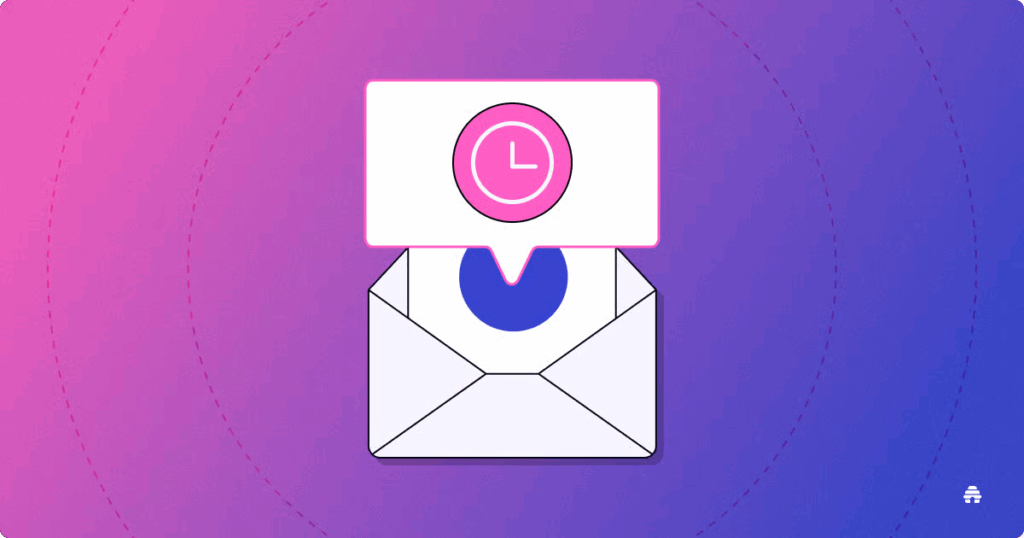
These cover anything from current events to security concerns, system upgrades, workshops for writers, and much more. Reading on a routine basis provides insight on growing topics such as DeFi, NFTs, or protocols
Features Follow Blockchain Blogs & Newsletters
- Access curated tutorials as well as guides, case studies
- Stay informed about new tools, industry updates or trends.
- Learn advanced topics while tracking news daily via newsletters.
- Unearth new technologies along with insights into different sectors.
10.Join Hackathons & Developer Communities
Participation in developer communities and hackathons provide a great way to learn by doing. Local blockchain or ETHGlobal events allow you to tackle real-world problems, collaborate, and develop functional DApps within challenging timeframes.
Such experiences enhance professional development alongside creativity and skill innovation. Additionally, Discord, Telegram, or Meetup groups provide mentorship and networking for ongoing community support.
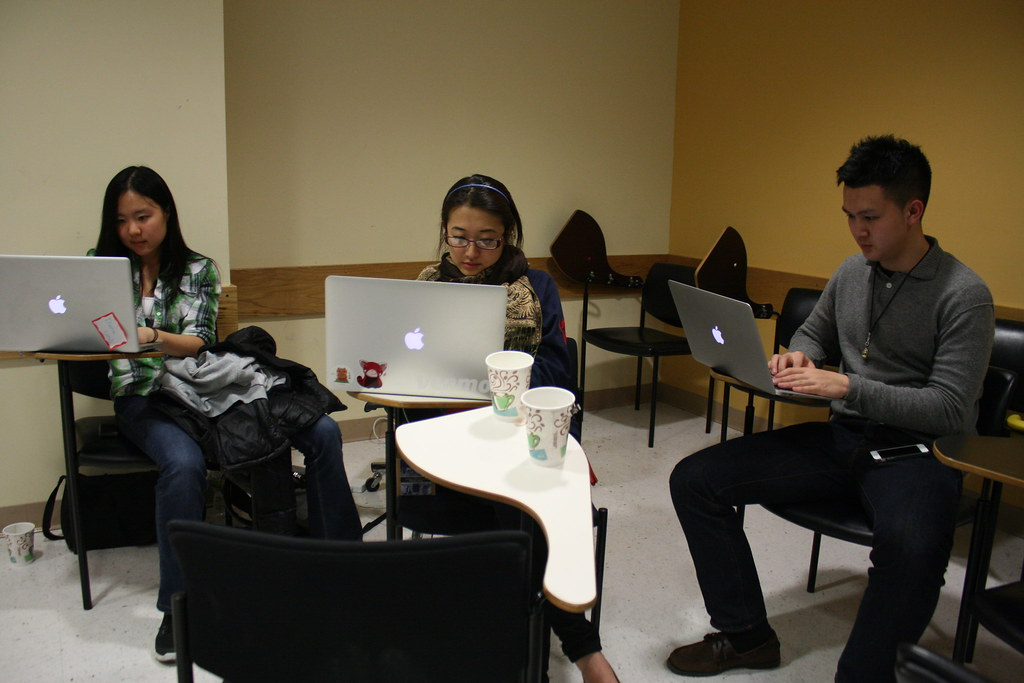
This draws attention to your work while helping you stay engaged as well as providing potential job or collaboration offers.
Active participation introduces you to project ideas, tools, libraries, and many more resources beyond individual discovery.
Features Join Hackathons & Developer Communities
- Participate in group projects with fellow developers
- Address complex problems that require immediate solutions
- Interact with other practitioners, organizations, or software engineers.
- Receive valuable exposure along with constructive criticism on your work.
Conclusion
In conclusion As we explored in this article, to become proficient in blockchain development, familiarize yourself with online courses, documentation, tutorials, and even practical projects.
Hackathons and developer communities can further help you get up to speed while broadening your knowledge base significantly. Pick what aligns best with your preferences and stick to it; consistently trying out different styles of learning will pay off.
FAQ
What is the best way to start learning blockchain development?
The best way to start is with beginner-friendly online courses or tutorials that teach blockchain basics, followed by learning Solidity and practicing with simple smart contracts.
Do I need to know coding before learning blockchain development?
Yes, basic programming knowledge—especially in JavaScript or Python—is helpful. Most blockchain development involves coding smart contracts, so familiarity with coding logic is essential.
Which programming languages are used in blockchain development?
Popular languages include Solidity (Ethereum), Rust (Solana), Go (Hyperledger), and JavaScript (frontend integration with Web3). Each blockchain may use different tools.


